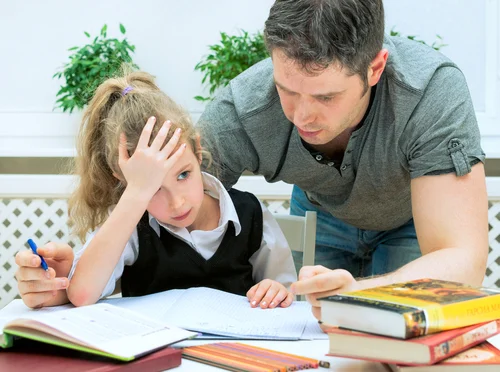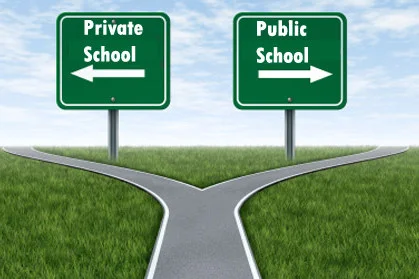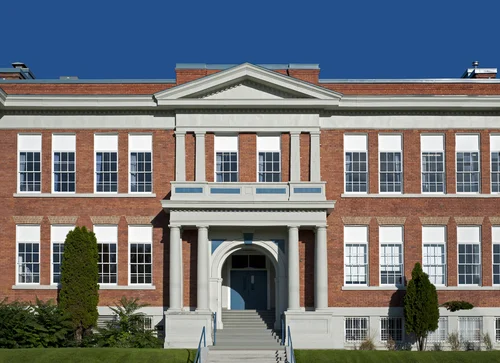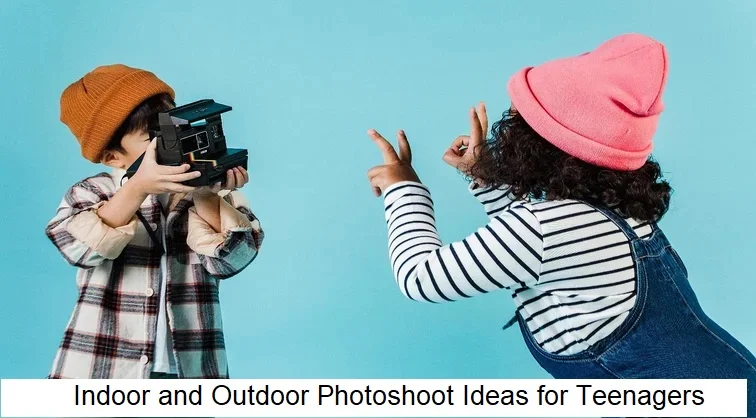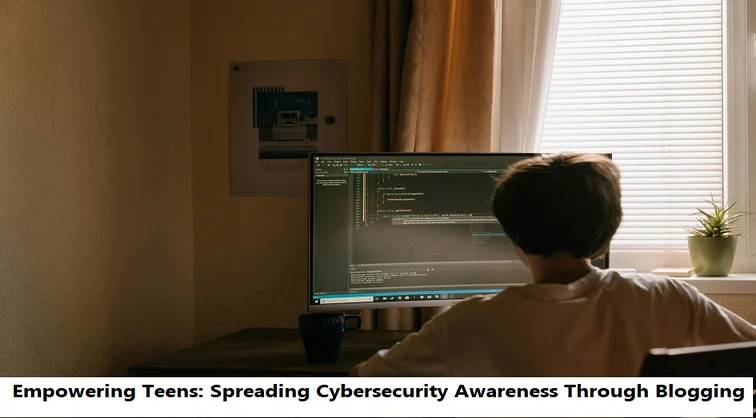+1 845 259 2974 (11 a.m to 7 p.m CST)
Which Type of School Is Best For Your Kid?

Education is the basic right of every child. It is not only the responsibility of parents but also the duty of the government to provide education opportunities to the children. There are different types of schools from which parents can make their choice, keeping in mind their kids’ needs and their own financial situation. However, before making the decision, parents would have to analyze their kids’ abilities and then choose the right school for their child.
Public Schools
The state and local governments are responsible for providing educational resources. The federal government runs public schools, which are funded by local, state and federal governments. The funds provided are generated from local taxes; therefore the facilities and resources available to the students are not fixed. The federal government has very little influence on the curriculum decision, which is made entirely on the local or state level. The size of the class usually varies from one school to another, but generally it’s between 20 and 25 students. This system of school offers same level of education throughout the country. Since the resources are limited vis-a-vis the number of children, the public schools, sometimes, have to make certain adjustments.
Private Schools
Private schools are not funded by the federal or state government; rather they draw their funding from private organizations. Private schools are of two types; one that is affiliated with a religious faith or a local church and the other that is run independently and follows a particular educational philosophy. However, both of them are more focused on the education and grooming of children, particularly teens. There are other private schools which cater to the needs of special children, like the deaf or the blind. It costs almost three times more than public schools for parents to send their kids to private schools. However, it’s worth the money spent. Private schools can, often, be more rigid in their education system and refuse to accommodate any outside interference. Also, another problem with private schools is that their religious affiliations may not allow the teens to prepare themselves to compete in the modern world.
Charter Schools
Unlike the conventional public schools, Charter schools are independent from the local and state regulations that, often, curb the productivity of the schools. Charter schools integrate ideas and suggestions from parents, community leaders and educational institutions to form a flexible, innovative and creative atmosphere and provide better educational opportunities to its students. The organization or local government that funds the school also manages the academic quality and financial issues. Children in charter schools get more focused attention and enjoy better quality education than kids who go to public schools.
Magnet Schools
Magnet schools have a diversified student body with students from different social, economic, religious, ethnic and racial backgrounds. This school assimilates the background differences under one roof and focuses on a specific field of study like science, arts, business, technology, law, music etc. These schools require teens to take exams for them to obtain admission in the school. Magnet schools focus on the main strengths and interests of a child and aim to nourish them, so that he/she becomes an expert in that field.
Home Schooling
There has been an increase in the number of parents who are schooling their kids at home. This is mostly due to growing violence on school campuses and parents’ discontentment with the education system. Home schooling is done by either parents, themselves, or special tutors are hired to teach and train the kids, as per the requirements of the state. However, parents have the liberty of designing their own programs of study. They can also opt for resources provided by companies which have specialized in home-schooling. Through home schooling, kids get maximum attention and supervision of their parents, but they may not be able to develop necessary social skills.
Different school systems have different pros and cons. You need to take a proactive approach to figuring out what suits your need!



